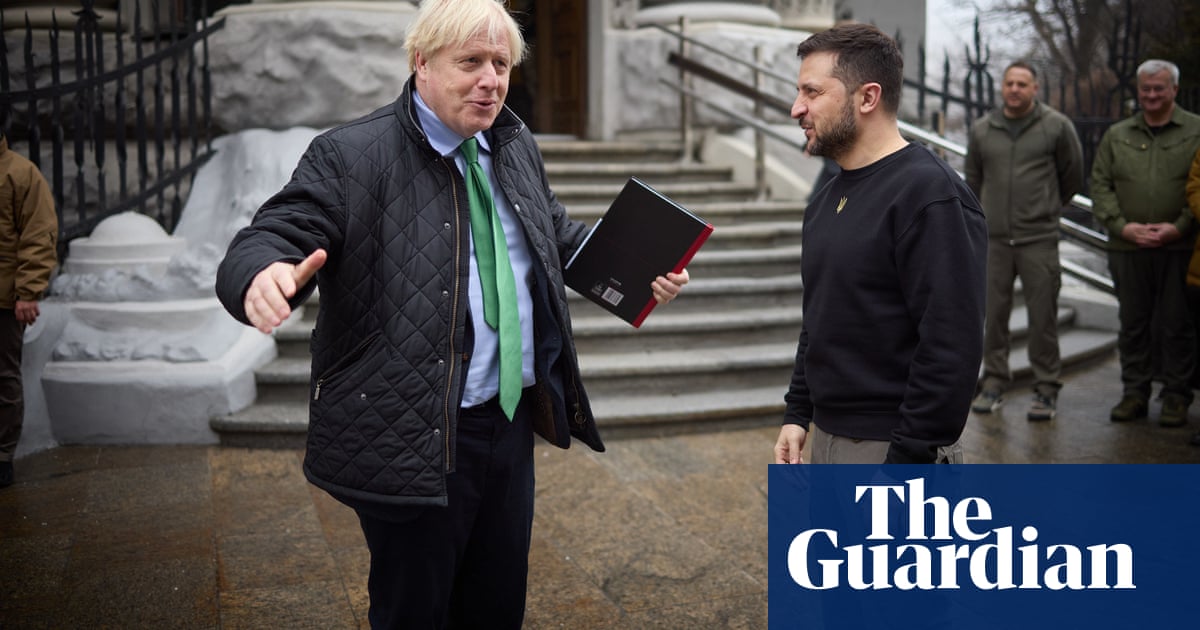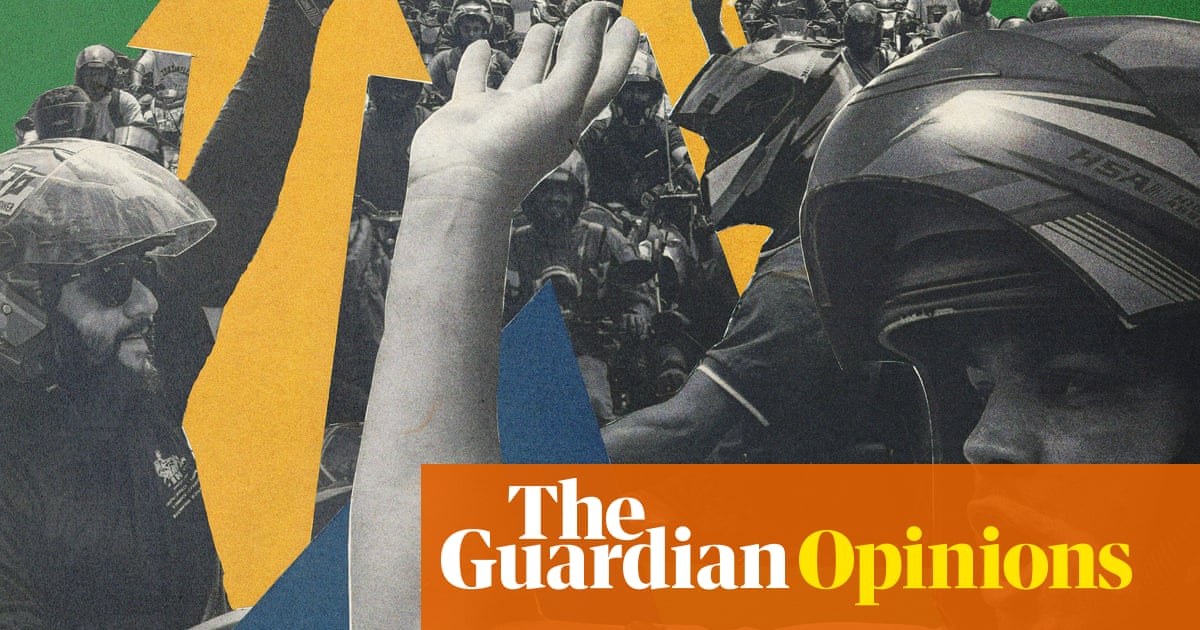Freddie Flintoff is numb. As the 98-minute Disney+ documentary Flintoff begins, we find its subject sitting in a hospital room. He can’t feel his lip, the one that was torn from his face in a nightmarish car accident on the Top Gear track in 2022. But more than that, he is mentally checked out. As one doctor after another tells him that he is recovering well and looking good, he stares at the ground dejectedly. He just wants everyone to stop sugarcoating everything and tell him the truth, he says. What he wants to hear is that he looks like “a fucking mess”.
Flintoff was designed as the big unveiling of the new, post-accident Freddie Flintoff. His days as a cricketing prodigy are over and so, it seems, are his days as a permanent light entertainment fixture. He is older, slower and more reflective. He is also plagued, night after night, by looping footage of the accident that ended Top Gear. Ostensibly this is where we’ll get to watch his comeback.
But a few things stand in the way of that. The first and most glaring is that Flintoff’s comeback has already been conducted in public. This documentary is preceded by two others – Freddie Flintoff’s Field of Dreams on Tour and Freddie Flintoff: Living With Bulimia – that already covered a lot of its ground. Oddly, both of those shows and this were all made by the same production company. More recently Flintoff hosted last year’s Bullseye Christmas special, which undermines the central question in Flintoff of whether he’ll be able to pull himself back from the brink.
The second problem is the format. To watch the Freddie Flintoff story told in a film is to realise that it would have made an incredible series. Very few people have had a life as spectacular. He was a blazingly talented cricketer from the off, burly and powerful and fast and charismatic, which gave him enough of a platform to transcend the sport. But he could also be his own worst enemy; a hard-drinking lad’s lad who brought shame upon the England team by – of all things – getting hammered and falling off a pedalo. He retired from cricket and lost his way again, before finding even greater fame as the host of multiple television programmes. He was brought in to save Top Gear, the jewel in the BBC’s crown, before the accident that sent him into retreat from the public.

Told chronologically, with an episode dedicated to each chapter, Flintoff could have been a definitive deep-dive into an effortlessly compelling character. Instead, though, the film whiplashes backwards and forwards in time. Really, the hook of the thing is the crash and its aftermath, which Flintoff has largely kept to himself. But every time he starts to open up about the loneliness he felt, or the fear of frightening his children with his scars, we’re hauled back to a golden-days segment about the 2005 Ashes, or a talking heads clip of James Corden discussing A League of Their Own. It’s a profoundly frustrating way to tell a story.
And then there is Flintoff himself. At one point in the film he is asked if he prefers to be called Freddie or Andrew, and jokes that there are two of him, or “maybe more”. This is extremely evident here. One of the things that makes him stand out from most of his peers is his readiness to discuss the hard topics. He is incredibly open about the pressures of fame, his eating disorders, and the PTSD that his crash understandably left him with. But he slams down the shutters at speed whenever he isn’t comfortable.
This is most evident when he’s asked about his Top Gear co-hosts, Paddy McGuinness and Chris Harris. Harris has spoken publicly about the crash before, but not here. This, it turns out, may have something to do with Flintoff essentially cutting off contact with them, partly out of shame at how the crash affected their careers. Even the fact that Flintoff is a Disney+ film, when he’s one of the faces of the BBC, speaks to a level of unhealed trauma that he refuses to broach here.
Make no mistake, Freddie Flintoff is a fascinating man and it’s clear that his story is far from over. Had this film been afforded a little more time and distance, it could have been something very special. As it is, though, it may be for fans only.

.png) 5 hours ago
5
5 hours ago
5













































